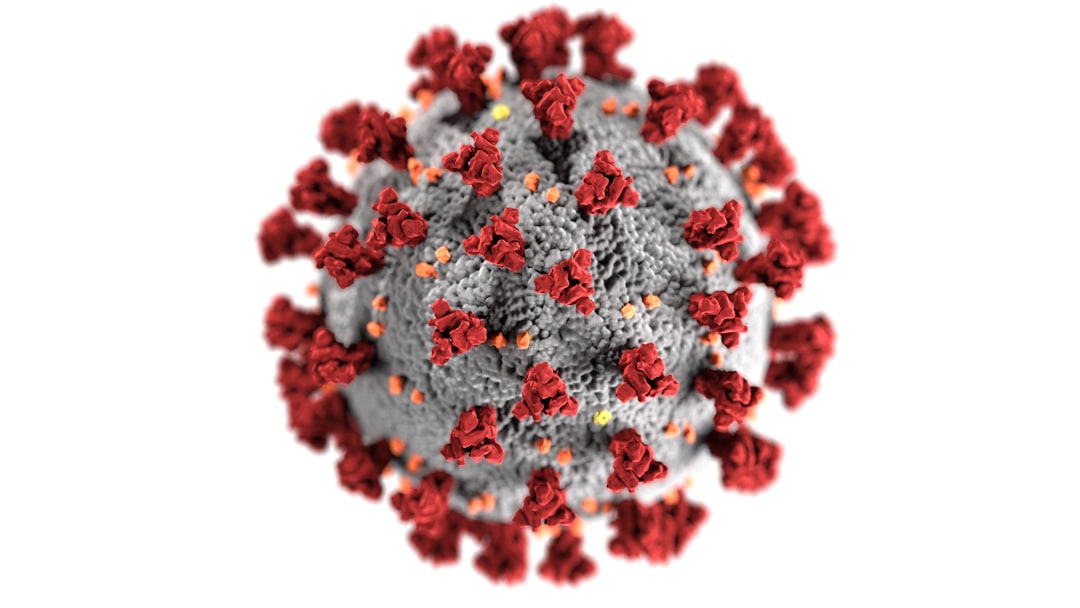What is it about?
Lay people (without healthcare training) connected over the telephone with people with clinical symptoms of depression, and over 4 weeks meaningfully improved depression as well as loneliness as compared with those who did not receive the program. This consistent empathetic connection from a culturally-aligned workforce delivered improvements to people who would otherwise require clinical attention.
Featured Image

Photo by Toa Heftiba on Unsplash
Why is it important?
Mental health remains a challenge and the workforce is severely limited. Programs such as the one described here offer a route to expand our ability to support mental health, provide meaningful paid employment with a low barrier to entry for community members, and allow clinicians to focus on those that need them most.
Perspectives
We can't tweak our way out of the yawning gap between mental health needs and the system and workforce as it is today. Neither can we digitize our way out without real programs, and we would argue, the right people. Not only do we need to expand the creative possibilities of a non-traditional workforce - we need to accelerate the ability to pay sustainably and fairly for such a workforce.
Maninder Kahlon
University of Texas at Austin
Read the Original
This page is a summary of: Effect of a Layperson-Delivered Telephone Program for People With Depressive Symptoms, Psychiatric Services, April 2023, American Psychiatric Association,
DOI: 10.1176/appi.ps.20220440.
You can read the full text:
Contributors
The following have contributed to this page










